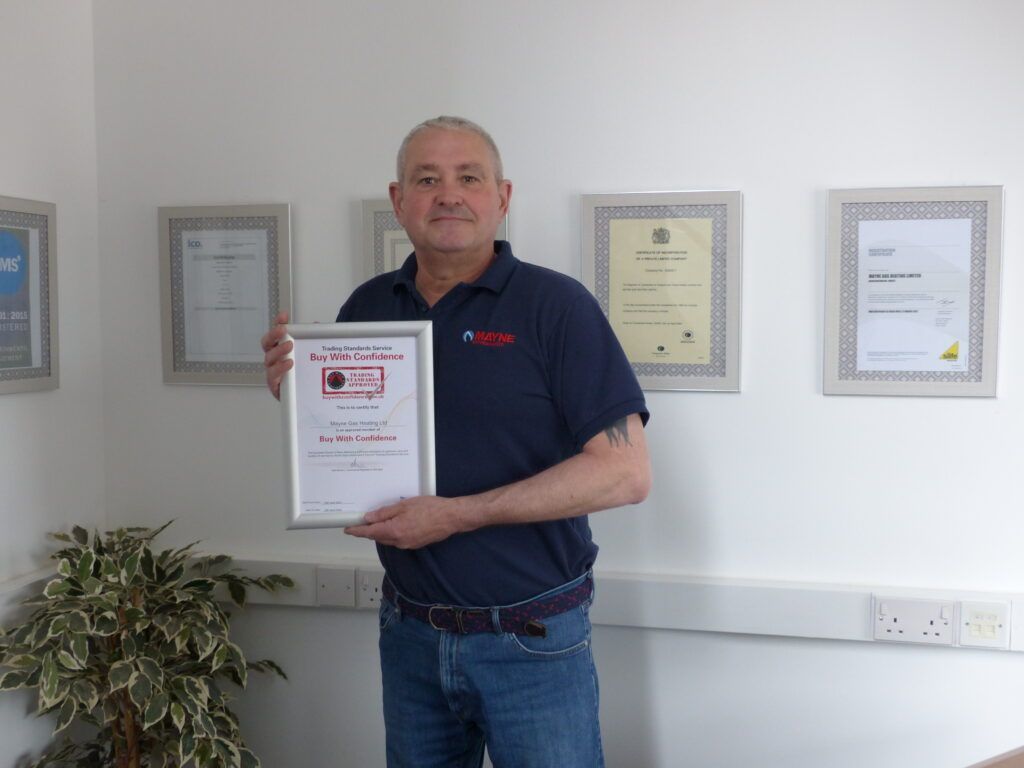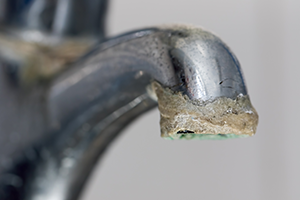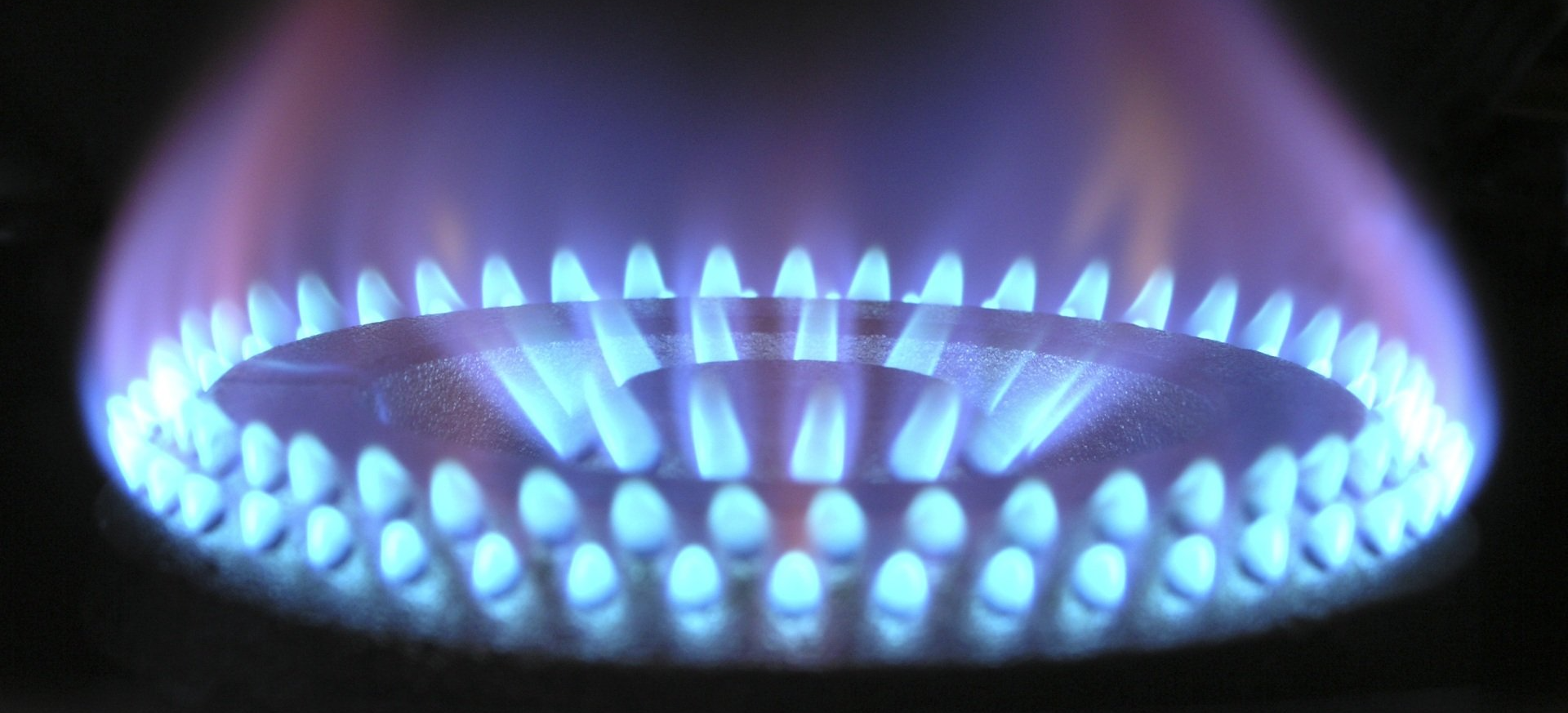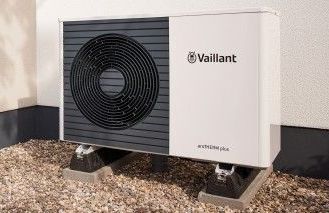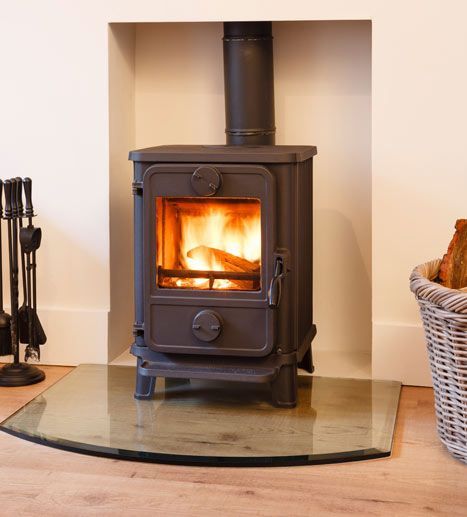Has the UK government REALLY introduced a Boiler Tax!
New UK boiler levy introduced on January 1st 2024.
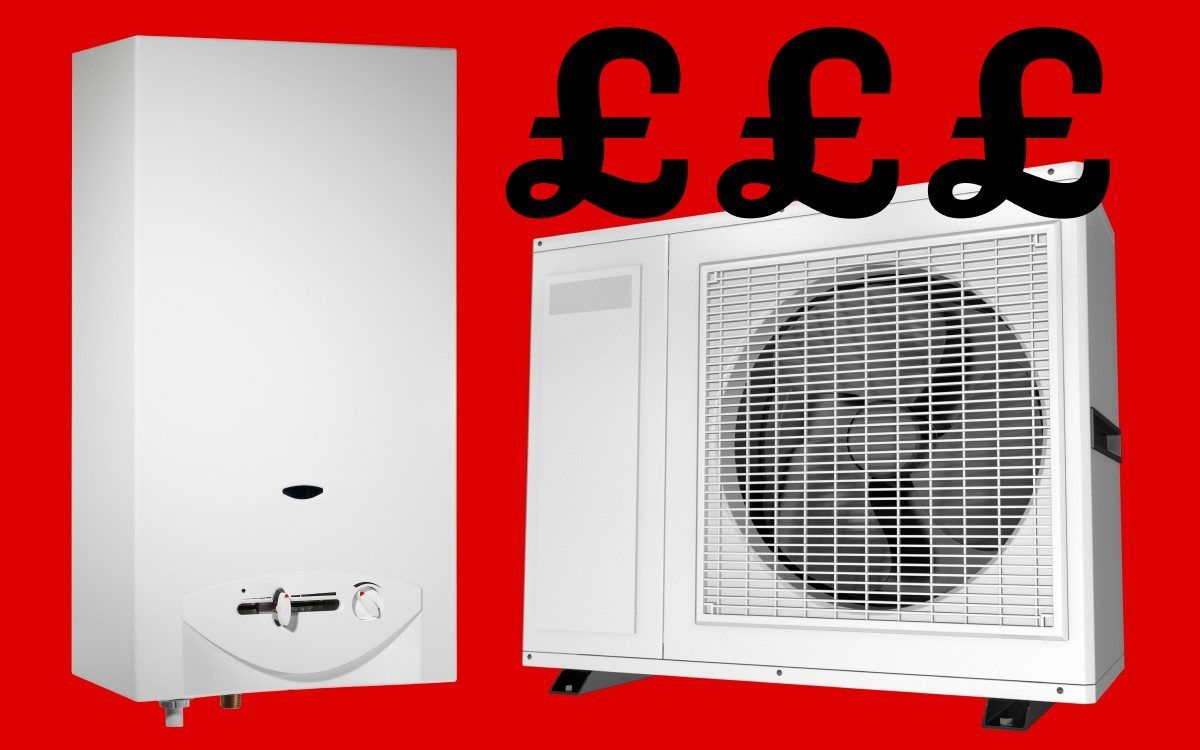
Some of the UK's leading boilermakers claim they have been forced to increase prices to cover rising green policy costs, but energy experts have accused them of price gouging and deception - where does the truth lie?
Price gouging; deception, bullying, and manipulation, these are some of the accusations that have been aimed at parts of the boiler industry over the last week, as the UK's ill-tempered heat pump wars cranked up another notch in the wake of several leading boiler manufacturers unveiling plans to increase prices for fossil gas boilers.
Worcester Bosch, Vaillant, Ideal and Baxi all separately announced they would be introducing a new levy on consumers buying oil and gas boilers for their homes from 1 January, arguing the price increase was needed to cover the costs of the Clean Heat Market Mechanism (CHMM) regime that is due to come into force for the next financial year. The policy, which is designed to help accelerate the transition to lower carbon heating systems, requires boiler manufacturers to supply heat pumps equivalent to a specific percentage of their annual boiler sales each year, or alternatively buy credits from companies that have exceeded their targets. Companies that fail to meet their target - which stands at four per cent for the 24/25 tax year - will face fines of up to £3,000 for each sale they are short of the target.
By mandating that boiler manufacturers have to sell a set share of heat pumps, the CHMM is aiming to turbocharge the UK's heat pump market by encouraging heating technology firms to invest in heat pump manufacturing capacity and training. Supporters of the policy maintain it is urgently needed, given that with just 1.9 heat pumps sold per 1,000 households in 2022, the UK had the lowest uptake of the clean heating technology in the 21 countries recently assessed by the European Heat Pump Association. They warn that without urgent action to boost the supply of heat pumps to sit alongside the recent increase in heat pump grants through the Boiler Upgrade Scheme the government will be unable to deliver on its goal of installing 600,000 heat pumps a year by 2028.
But gas boiler manufacturers have countered that while they are already investing in heat pump manufacturing, the CHMM risks imposing additional costs that they have little choice but to pass on to consumers.
In a statement justifying its plans to add a £120 levy on to all oil and gas boiler sales, Worcester Bosch said the price hike was necessary because the CHMM's proposed quotas would result in "significant penalties for the gas boiler industry", predicting that manufacturers would be "fined heavily" for not meeting the new heat pump targets. "Consequently, to continue as a business we are regrettably forced to pass these fines on to the market in the form of a CHMM levy on every one of our gas and oil boilers," the company said.
The move has prompted accusations from clean heating policy experts that the levy is premature at best and completely unnecessary at worse. They argue UK boiler manufacturers are on track to reach next year's heat pump sales quota and should therefore not face any penalties in the short term. And in the longer term the government has just assigned £1.5bn of funding to the Boiler Upgrade Scheme for the three years from 2025 in a bid to drive continued demand for heat pumps. As such, some commentators have characterised the price rises as a cynical attempt from the industry to trigger a public backlash to a policy that threatens their core business, or a means to blame government for cost hikes that would have occurred anyway.
The move has also prompted an angry response from Energy Security and Net Zero Secretary Claire Coutinho. Speaking to LBC radio yesterday, Coutinho alleged the boilermakers were engaged in "price gouging, plain and simple" as she vowed to call out "unfair practices" and make sure the companies were "doing the right thing when it comes to customers".
"Industry estimates [show] that the market overall, are selling four per cent at the moment," she told the radio station. "We think it's extremely unlikely that anyone will be fined. They say they are going to put £125 on boilers because they are expecting to face the full fine. I do think it's something I'm going to look at very carefully. And I will talk to anyone who I believe is passing on unfair costs to the consumer."
Charles Wood, deputy director of policy at trade body Energy UK, similarly characterised the boiler manufacturers' price rises as "price gouging" and an "attempt to bully and manipulate government". "Appalling behaviour and transparently politically motivated - expect the CMA [Competition and Markets Authority] will look at this closely," he wrote on social media site X, formerly Twitter.
Both Worcester Bosch and Baxi insisted they would be making no financial gain from the levy they intend to impose on consumers. A spokesperson for Baxi told BusinessGreen it planned to apply the levy in a way that allowed for "complete transparency… so that at the end of the first year's counting period, we will be able to show how much we've raised, how much we need to pay as penalty, and how much is left over".
"We have yet to work out the detail of how any leftover is placed back into the market, but we are crystal clear that it is not for us to bank or to increase our profitability," they added.
Worcester Bosch said the Prime Minister's high-profile decision to walk back on several policies that would have catalysed increased demand for heat pumps in existing properties had rendered several of the assumptions that underpinned the "impact assessment" of the CHMM policy out of date. Number 10's controversial decision to defer the ban on oil and gas boilers in off-grid homes from 2026 to 2035 and plans to loosen the goal to phase out new gas boilers by 2035 so as to exempt up to 20 per cent of homes from the policy was likely to result in lower than previously anticipated demand for heat pumps, the company said.
The argument echoes that made by automakers in the wake of the government's net zero policy rollback, who said the Prime Minister had created a mismatch between supply and demand for electric vehicles when he delayed the phase out date for the sale of new internal combustion engine vehicles from 2030 to 2035, while requiring automakers to stick to the Zero Emission Vehicle Mandate that had been designed to increase the supply of electric vehicles in preparation for a 2030 phase out date.
However, in the months since the CHMM impact assessment was published in April, the government has also increased the subsidy allowed for households installing heat pumps from £5,000 to £7,500 and confirmed a £1.5bn budget for the next phase of the scheme. According to figures published last month, the higher grants are already leading to a substantial uptick in demand.
A spokesperson from the Department for Energy Security and Net Zero (DESNZ) said: "We have not required any increase to the price of gas boilers. Targets are realistic and fully achievable, providing industry with flexible options to support our ambition to make heat pumps easy and affordable to install. This is alongside making it easier to get a heat pump by increasing the Boiler Upgrade Scheme by 50 per cent to £7,500 - tripling applications in the week after it was rolled out."
The intensifying row between the government and boiler manufacturers comes as heat pumps have increasingly become sucked into wider 'culture wars' that have led to the politicisation of a raft of climate change policies. As governments have sought to advance heating decarbonisation policies, misinformation around the efficiency, costs, and noise associated with heat pumps has become widespread. A backlash against a planned boiler 'ban' sparked a political crisis for the German government this summer, while an investigation by the website DeSmog earlier this year revealed how the UK's Energy and Utilities Association - a trade association for boiler manufacturers - paid a public affairs firm to generate negative content about heat pumps. Specifically, the brief was to "spark outrage at the cost and demand consumer choice over the heating technologies people put in their own homes".
In an article published on Friday, Richard Lowes, research fellow at Exeter University, described the boilermakers' price hikes as a "coordinated effort to kill the new CHMM policy", which he said had long been "hated" by manufacturers.
"I think two things are happening here," he wrote. "Firstly, the companies are trying to make as much noise as possible to try and get the scheme cut and they are willing to deceive people in the process. But I also think that these companies all putting up their prices together (which always looks dodgy in any market) may simply be a way of masking their own price increases and blaming the government for it."
Lowes said the CHMM was not expected to have any financial impact on boilermakers in its first year of operation, given the fact current sales of heat pumps already sat at roughly four per cent of the market and the way the policy allows missed targets to be carried forward to the following year. "Tactics to try to kill the scheme have now become deceptive and the industry is trying to wind everyone up including installers, merchants, and the media," he said. "There is no justification for the price increases which some manufacturers have threatened as a result of the policy. In year one of the scheme i.e. next year, the scheme is expected to have little or no financial impact because there will be enough heat pumps sold on the market to meet the target."
Vaillant, Ideal and Worcester Bosch did not respond to requests for information about their current level of heat pump sales, or whether they expected to meet their CHMM quota next year. The spokesperson from Baxi said sales information was commercially sensitive, but explained that just half of the air source heat pumps on its sales register would be counted towards the CHMM quota, given the scheme only covers installations under the Microgeneration Certification Scheme (MCS).
The last few months have seen the UK government advocate louder than ever for heat pumps as a leading technology that can decarbonise homes, joining a broad coalition of other governments, as well as climate and energy policy experts who have long argued that electrification is the cheapest and most efficient way to decarbonise most home heating. DESNZ is yet to officially decide on whether it will consider the blending of low-carbon hydrogen into the gas grid - the approach long promoted by gas suppliers and fossil fuel boiler manufacturers - but Ministers recently dealt a major blow to industry hopes hydrogen heating could play a major role in replacing gas boilers, last week cancelling its flagship hydrogen heating trial in Redcar.
By pitting themselves against the CHMM and feeding into the media backlash against heat pumps, UK boilermakers are playing with fire. The fuelling of fears around the viability and cost effectiveness of heat pumps risks undermining their own heat pump businesses, which all evidence suggests should come to dominate the market in the coming years. A concerted marketing and production drive could yet see the targets set under the CHMM largely or entirely met, which rather begs the question as to why a levy to cover costs that may never be imposed is required at this early stage in the heat pump transition.






